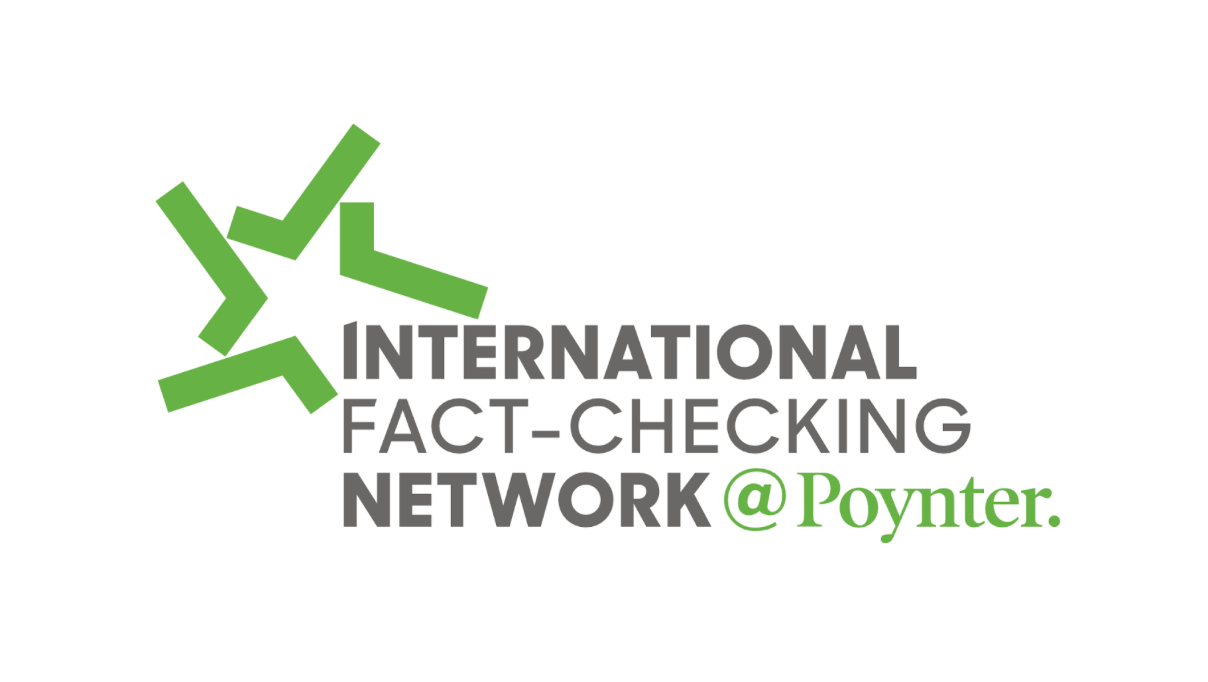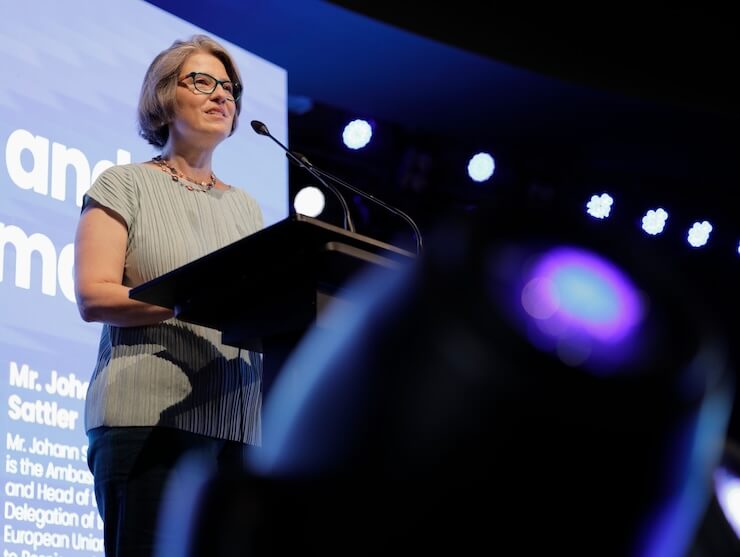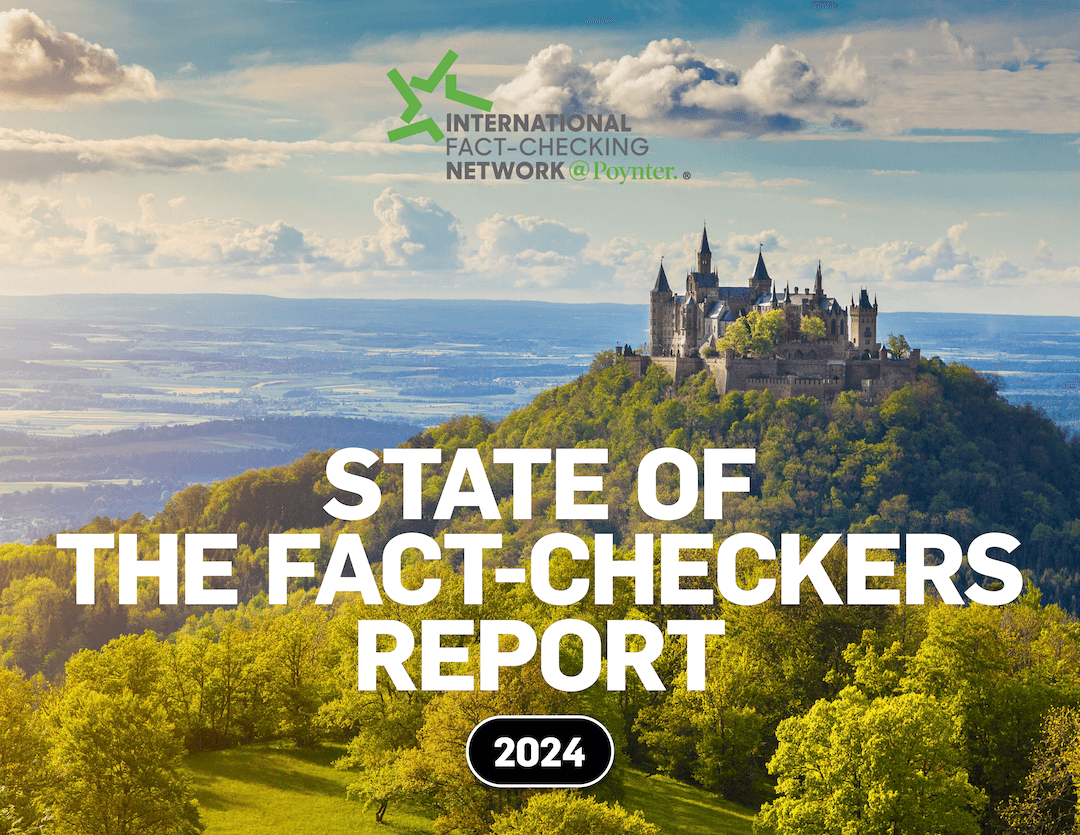Nearly four years after Plandemic took over the internet and amplified dozens of false conspiracy theories, its creator is back with a musical.
The 20-minute film — which some described as being more akin to a “20-minute music video” — premiered earlier this month at a Las Vegas conference for conservative entrepreneurs. The trailer, available online, opens with a shot of masked customers in a grocery store. “Welcome to the great awakening,” sings the first person to throw aside his mask. “Come on, breathe it in. It’s the moment we’ve been praying for.”
No less than 12 people take off their masks in the 93-second trailer. According to journalists who were at the premiere at Horseshoe Las Vegas, much of the film is filled with similar shots, making it feel outdated at a time when few are still masking.
“It felt very incongruent with the moment that we’re in because the plot is about people becoming free in a supermarket and partying around and having a good time when they take their masks off,” said NPR reporter Lisa Hagen, who covers conspiracism. “You walk outside, and there’s an entire floor of casinos and maybe two or three people in your vision range are wearing masks.”
The first three Plandemic films take the form of documentaries, featuring interviews and grim visuals and music as they lay out conspiracy theories about vaccines and the pandemic’s origin. The musical takes a much different approach, said Rolling Stone culture reporter Miles Klee. It’s largely “symbolic” and the celebratory tone serves as a “victory lap” for supporters of the original series, he said. The film also does not touch on COVID-19 specifically but instead focuses on a hypothetical “Disease X.”
“(Mikki Willis, the filmmaker) tries to argue that we are getting set up for another round of lockdowns and mandates and all the stuff that people like this really hate. And they have to make that up because none of that stuff is in effect right now,” Klee said. “The CDC doesn’t even care if you quarantine at this point.
“The movie shows that they really have no new ideas. They can only kind of reread these clichés and relive the glory days of rebellion.”
Both Klee and Hagen said they don’t think the musical will have much effect on the medical misinformation space. It lacks the detailed narrative that helped the first movie radicalize so many people. People have also likely already made up their minds about vaccines and the pandemic, Klee pointed out. Four years into the pandemic, they either believe in the conspiracy theories or they don’t.
Journalists and fact-checkers are much more interested in the money behind the misinformation campaigns. Though MediaWise director Alex Mahadevan said he didn’t think the musical would contribute much to the spread of medical misinformation, he wondered if it might embolden content creators in the space by letting them know that they can get funding for similar projects.
“It was a good reminder that there is a very strong amount of financial support for even the wackiest far-right, anti-vax ideas,” Mahadevan said.
The conference that hosted the musical’s premiere, RePlatform Vegas, aimed to support the idea of building a “parallel economy,” according to Klee. The concept has grown in popularity among conservatives who want their own financial systems and businesses that are separate from mainstream institutions deemed to be too liberal. “Plandemic: The Musical” is an attempt to silo off conspiracists and give them a parallel space where they can engage with content that conforms to their views, Klee said.
“Plandemic is part of a sort of conservative, anti-woke, alternative Hollywood,” Klee said. “I think that what’s ultimately interesting about it is that people donate money to Mikki (Willis) to make these films, and there’s no real transparency about how that gets spent.”
Willis wrote in an email that he views the musical as the “big bang that ends the series.” Asked about the funding for the musical, he did not share any details. Willis also rejected critiques that the musical’s concept was outdated, asking, “When is history ever outdated? There would be no movies about our world wars if that was a valid critique.”
“Plandemic The Musical is a call to all people everywhere to stand up and reclaim our creative intelligence,” Willis wrote.
Journalists and fact-checkers have thoroughly debunked many of the claims outlined in the Plandemic series. As outlets continue to report on mis- and disinformation campaigns, journalists specializing in those beats suggest presenting audiences with context whenever possible. “Prebunking” is important to prepare audiences for what is coming in the misinformation space, Mahadevan said.
At the same time, Hagen advises approaching sources who believe in misinformation with “empathy.” One of her goals in reporting is to understand where their beliefs come from so she can identify the actors who are producing misinformation.
“We cover stuff like this carefully with as much context as possible,” Hagen said. “I think with empathy, also, and understanding that a lot of these narratives are born out of real-life experiences of traumatic things that have happened to them medically.”







